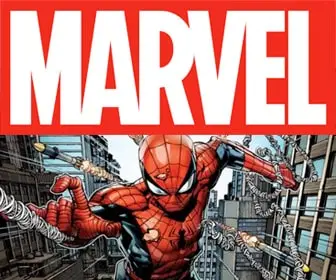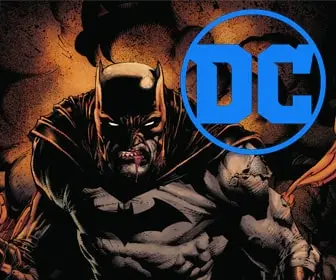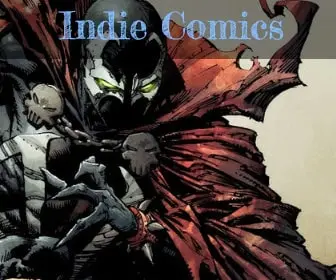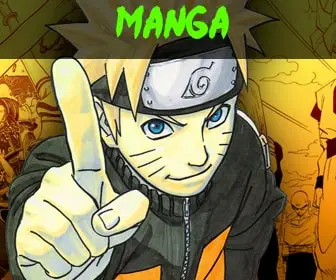
Image Comics’ Gen 13: A Teenage Rebellion Wrapped in a Superhero Saga
In the world of superhero comics, it’s often difficult to find stories that genuinely resonate with younger audiences. This is where Image Comics’ “Gen 13” shines. Launched in 1994, the series was developed by Jim Lee and Brandon Choi, with art by J. Scott Campbell. Focused on a group of super-powered teens, “Gen 13” came to define a new era in comic storytelling and became an instant hit. This blog post explores the evolution, themes, and impact of this iconic series.
Genesis of Gen 13
“Gen 13” originated from Image Comics, a company founded by artists who broke away from traditional comic publishers like Marvel and DC to have more control over their creative output. The series was aimed at capturing the teen angst and struggles that come with young adulthood, all wrapped in a superheroic package. It succeeded wonderfully, offering something different from the standard cape-and-cowl adventures.
The Cast
At the core of “Gen 13” are five young heroes:
- Caitlin Fairchild, the team leader with super-strength and durability.
- Grunge, a laid-back dude who can absorb material properties.
- Roxy “Freefall” Spaulding, who controls gravity.
- Sarah Rainmaker, a Native American weather manipulator.
- Bobby “Burnout” Lane, a pyrokinetic.
Each character comes with a unique backstory and set of issues, which keeps the narrative engaging and relatable.
Notable Story Arcs
- “Starting Over” – The first story arc introduces us to the characters and their escape from a government program that aims to exploit their powers.
- “We’ll Take Manhattan” – A crossover with Marvel’s “Generation X,” which further solidified the series’ status.
- “Magical Drama Queen Roxy” – An arc that focuses on Freefall and her journey of self-discovery.
The Themes
What makes “Gen 13” compelling is its blend of superheroic antics with themes that resonate with a younger audience—identity, rebellion, friendship, and the trials of growing up. The characters experience the highs and lows of adolescence while also combating threats that are often metaphors for bigger, real-world issues.
Cultural Impact
“Gen 13” was not just a comic series; it was a cultural phenomenon of the ’90s. The characters were adapted into an animated feature and have appeared in video games. Though the initial series has long since ended, its influence can still be seen in comics focused on young heroes today.
Denouement
“Gen 13” wasn’t just another superhero comic; it was a cultural touchstone for a generation. By combining relatable characters with epic storylines, it captured the imagination of young readers and proved that superheroes could be more than just moral paragons—they could be imperfect, relatable, and above all, human.
Recommended Reads
So what are your thoughts on “Gen 13”? Do you have a favorite character or storyline? Feel free to share your insights in the comments below. Thank you for reading!











